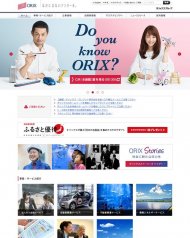Abstract
In September 2016, Bayer AG, a German pharmaceutical company, agreed to buy Monsanto, an American company, for a $66 billion. The acquisition is expected to be validated by all antitrust organizations, especially those of the US and EU, at the end of 2017. This strategic move is the result of a fast consolidating market characterized by an intense competition. Since the 1970s, the seed industry is going through many acquisitions to face high R&D costs and volatility of the agricultural business. The past two years have seen the mergers of key players as Dow and DuPont in December 2015 or the acquisition of Syngenta by ChemChina in February 2016. Knowing that 4 companies are sharing more than 50% of the market share, to keep its position in the seed industry, Bayer has chosen its controversial competitor, leader in Genetically Modified Organisms (GMOs), herbicides (Roundup) and in digital services for agriculture. Monsanto is indeed the leader in agribusiness sector and is heading the market with aggressive patent strategy and strong M&A focus. Unfortunately, it is also carrying a controversial brand image due to scandals concerning their products (health and environment effects) and their business model. However, Bayer main segment is pharmaceutical, which generated almost 50% of its sales in 2016. Pharmaceuticals industry is also defined by high R&D and tough competition so it could call into question the ability of Bayer to run both races. Moreover, Bayer is taking strong financial risks to acquire Monsanto and to keep running the race in Agrochemicals as the premium price was high.
Detailed information
| Case ID | 17-1048 |
|---|---|
| Published | 2017 |
| Industry | DRUGS AND MEDICINES |
| Analyzed Area | Accounting & control |
| Pages | 25 |
| Language | English |
| Teaching Note | Attached |

 Brochure
Brochure
 Info Session
Info Session
 Application
Application
 Alumni Voices
Alumni Voices




